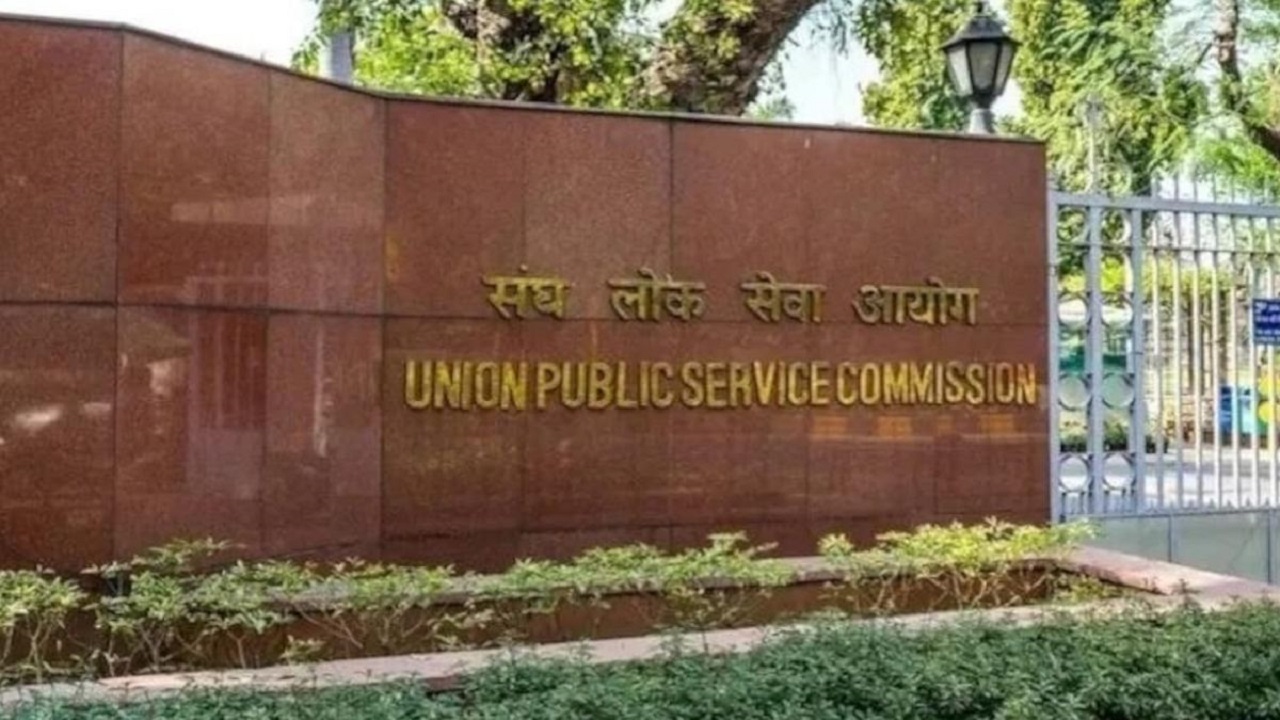Context:
President Murmu appoints ex-SC judge Justice AM Khanwilkar as Chairperson of Lokpal
Background:
- The Lokpal and Lokayukta Act, 2013 provided for the establishment of Lokpal for the Union and Lokayukta for States.These institutions are statutory bodies without any constitutional status.
- The apex Institution was created to inquire and investigate complaints relating to allegation of corruption involving public functionaries and elected representatives.
About Lokpal:
- The Lokpal is the first institution of its kind in independent India,established under the Lokpal and Lokayuktas Act 2013 to inquire and investigate into allegations of corruption against public functionaries who fall within the scope and ambit of the above Act.
- The Lokpal has jurisdiction to inquire into allegations of corruption against anyone who is or has been Prime Minister, or a Minister in the Union government, or a Member of Parliament, as well as officials of the Union Government under Groups A, B, C and D. Also covered are chairpersons members, officers and directors of any board, corporation, society, trust or autonomous body either established by an Act of Parliament or wholly or partly funded by the Union or State government. It also covers any society or trust or body that receives foreign contribution above ₹10 lakh (approx. US$ 14,300/- as of 2019).
- A complaint under the Lokpal Act should be in the prescribed form and must pertain to an offence under the Prevention of Corruption Act, 1988 against a public servant.
- There is no restriction on who can make such a complaint. When a complaint is received, the Lokpal may order a preliminary inquiry by its Inquiry Wing or any other agency, or refer it for investigation by any agency, including the CBI, if there is a prima facie case.
- The Inquiry Wing or any other agency will have to complete its preliminary inquiry and submit a report to the Lokpal within 60 days.
- A Lokpal Bench shall consider the preliminary inquiry report, and after giving an opportunity to the public servant accused of corruption for his/her defence, decide whether it should proceed with the investigation. It can order a full investigation, or direct to start departmental proceedings or close the proceedings. It may also proceed against the complainant if the allegation is false.
- Lokpal will have power of superintendence and direction over any central investigation agency including CBI for cases referred to them by the Lokpal.
- The Chairperson and the Members are appointed by the President of India by warrant under his hand and seal and hold office for a term of five years from the date on which they enter upon the office or until they attain the age of 70 years, whichever is earlier.
- The chairperson and members of the Lokpal are appointed by the President after obtaining the recommendations of a Selection Committee comprising prime minister, speaker of low Sabha, leader of opposition in lok Sabha, Chief Justice of India or a Judge nominated by him/her and one eminent jurist.
- Apart from a chairperson, the Lokpal can have eight members — four judicial and as many non-judicial.
.jpg)



Comments (0)